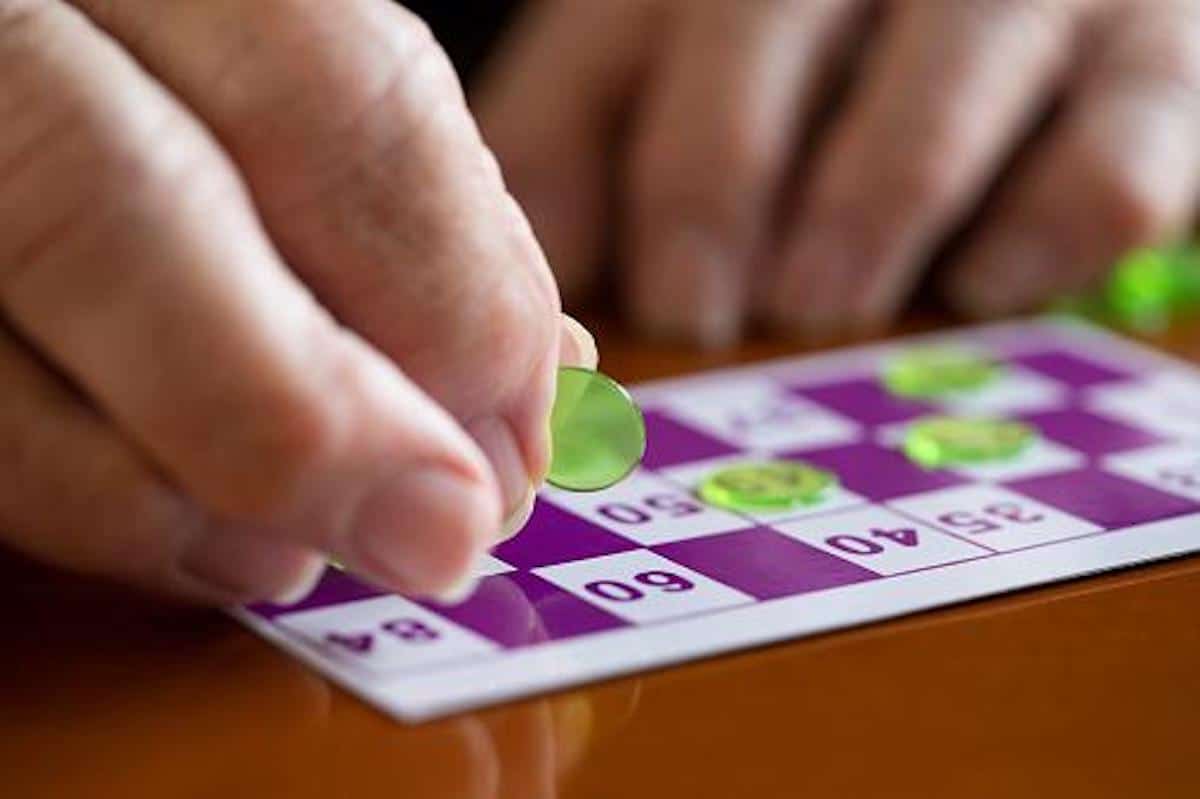The gaming sector is fiercely competitive – research and development teams of all major casinos are consistently on the lookout for, and busy developing the next trend. But in an industry that is inundated with innovation, why is it that bingo has a habit of floating to the top of the pile?
The UK has a long and cherished relationship with the game, from the British seaside holidays of the early 1900s to its modern incarnations. Nowadays you can find the best bingo games in UK online, and thousands of enthusiasts sign in for their daily sessions.

The Science of Gaming
Research has depicted the reasons why people are attracted to gaming such as Bingo.
Few would disagree that games are fun, but scientists have long grappled with the reason why. What is it from our six-million-year evolution that triggers reward systems in our brains when we partake in a gaming pastime?
Initially, games like bingo might simply be a way to spend free time but as players begin to understand the intricacies of their chosen activity, there’s an innate compulsion to want to improve and become more proficient.
There are also several more studied motivations for people to turn to games:
- Escape
Simply put, bingo can be a fantastic way to divert the attention from life’s everyday stresses and troubles. Sports and games of many kinds are used as a form of escape in many cultures across the planet.
- Curiosity
Humans have forever been curious animals. It is thought that that is one of the primary reasons our species has been so pervasive – early hominids were keen to find out what might exist outside of their established territories.
Games also satisfy that same thirst for curiosity. People who have never played before might be intrigued as to how it works and why so many people are regular patrons of the game.
- Flow State
Known colloquially as ‘being in the zone’, most of us are familiar with the feeling of entering a flow state. The psychologist Mihály Csíkszentmihályi first coined the phrase in 1975 and described a type of energised focus that can be achieved when undergoing an activity which has the capacity to alter the participant’s sense of time.
Most modern bingo games online – and in person using bingo tablets – have the option to autofill called numbers. However, it’s possible for an experienced bingo goer to achieve a flow state when filling in multiple cards at once.
- Entertainment
Much like traditional forms of entertainment: books, films, art and television, games are a valid and increasingly popular form of entertainment. You just need to look at the growing penetration of video games in society to see how attracted to them humans are.
- Challenge
Games offer unique challenges to those taking part. Bingo is a great game for newcomers because it’s simple to learn – this minimises the amount of time beginners spend feeling overwhelmed and out of their depth.
As a player becomes more competent, mastery of any skill can be achieved and this also activates various reward centres of our brains.
New experiences make life interesting and keep monotony at bay. No two games of bingo are ever identical for a variety of reasons – you’re unlikely to receive the same bingo card and if you happen to, the numbers called will statistically never come in the same order.

- Social Interaction
Bingo especially, has brought people together over the decades. Although the average bingo player today looks very different from fifty years ago, it was and still is a popular game in retirement homes for people with an otherwise limited amount of social interaction
And when bingo moved to the internet the social element was not lost. From the offset, chat rooms to accompany the games have been a feature of many bingo websites so players can interact with one another, and friendships can be forged among regular players.
Furthermore, we have witnessed an increase in large scale bingo events targeted at young adults arriving in cities across the world. These events truly push what is capable of a bingo game – some of them are more like a rave or a theatre show than a traditional evening in a bingo hall.
Bingo providers have also strived to develop new variants of the game. From quickfire 30 ball games to longer 90 ball sessions, and many forms in between, there’s a lot for even a seasoned bingo player to discover. It’s always wise to check the rules when playing with a new provider because they each have their own characteristics – winners can be the first to achieve a full line or two, or even a variety of shapes on the card.
An example of a more experimental development in the bingo landscape was the creation of Slingo in the 90s that synergised bingo with the mechanics of a slot machine. Slingo has gone on to become a hugely popular pastime of its own.
Britain has had a love affair with bingo for almost one hundred years and it shows no signs of slowing down. Digital iterations of the game are currently attracting a new generation of bingo lovers and we can’t wait to see what developments will come next.


